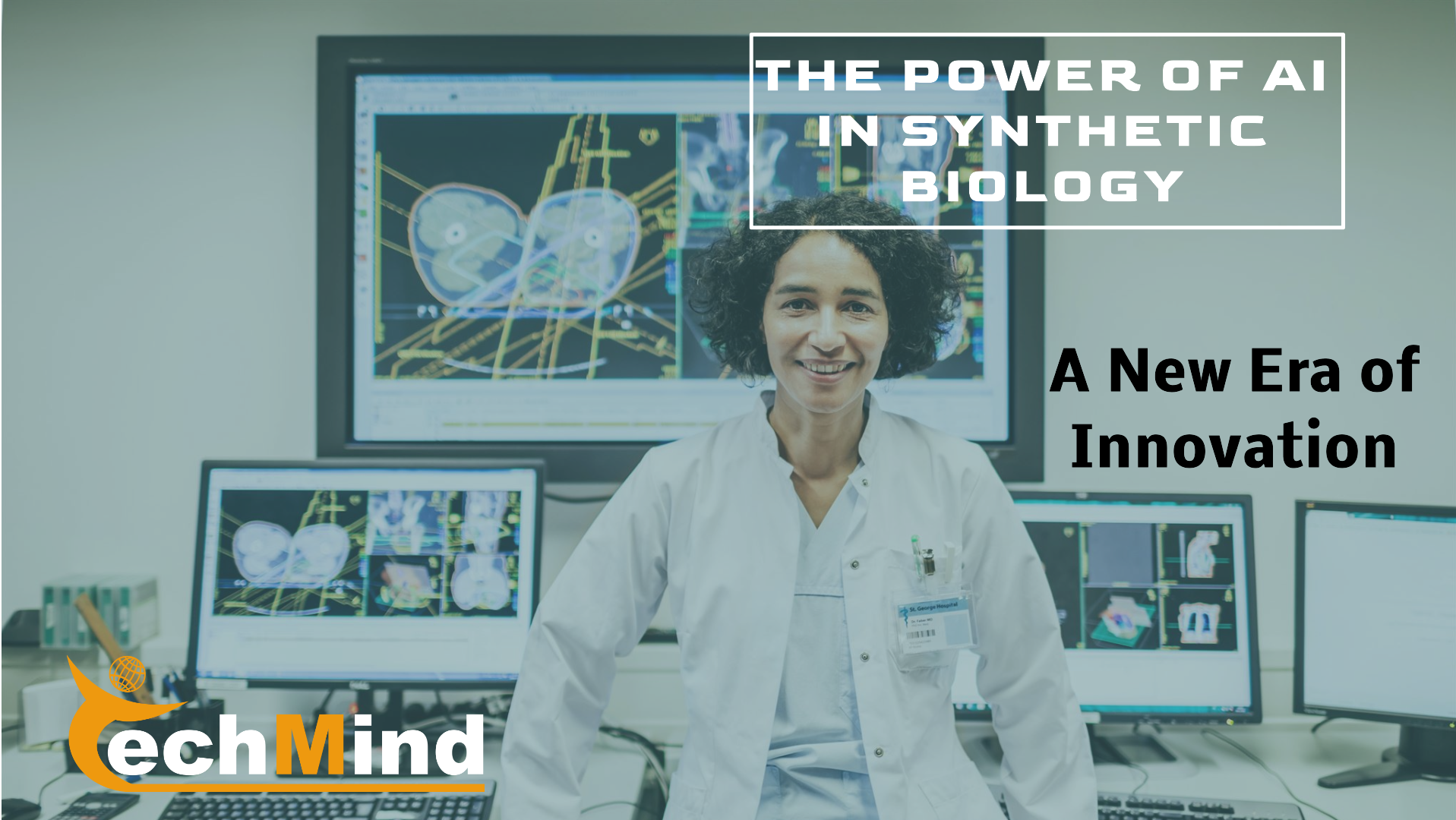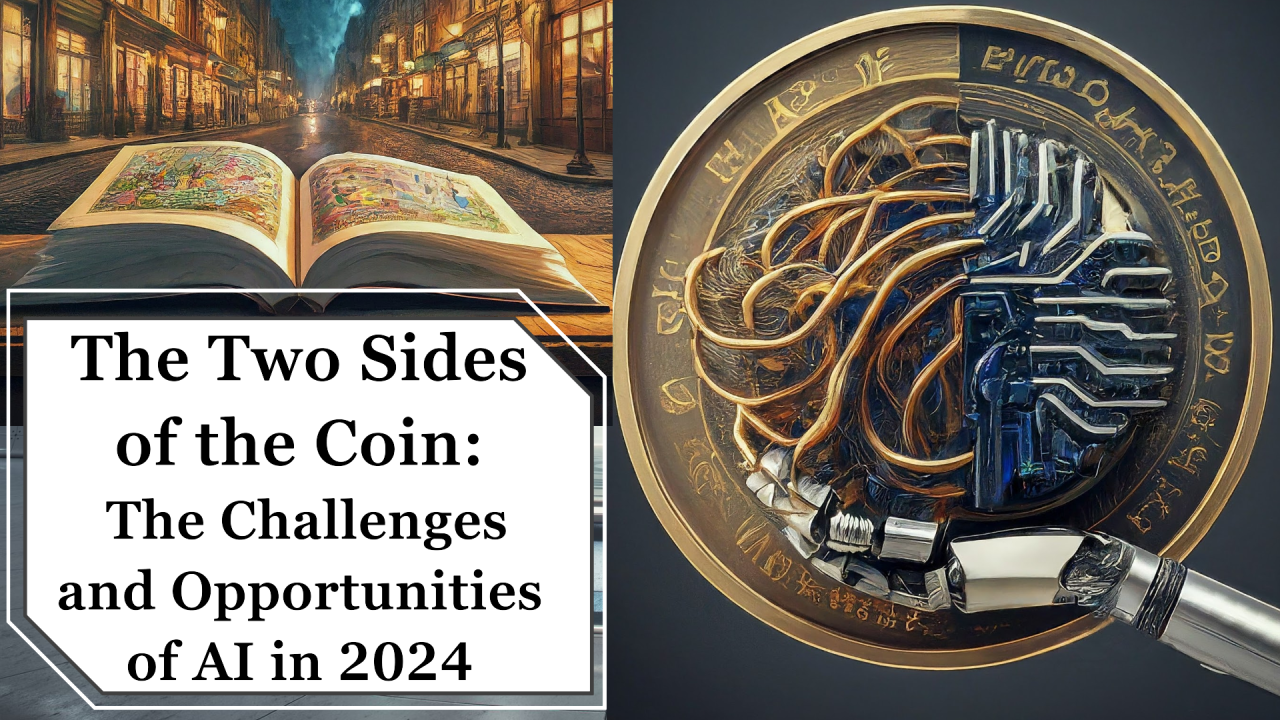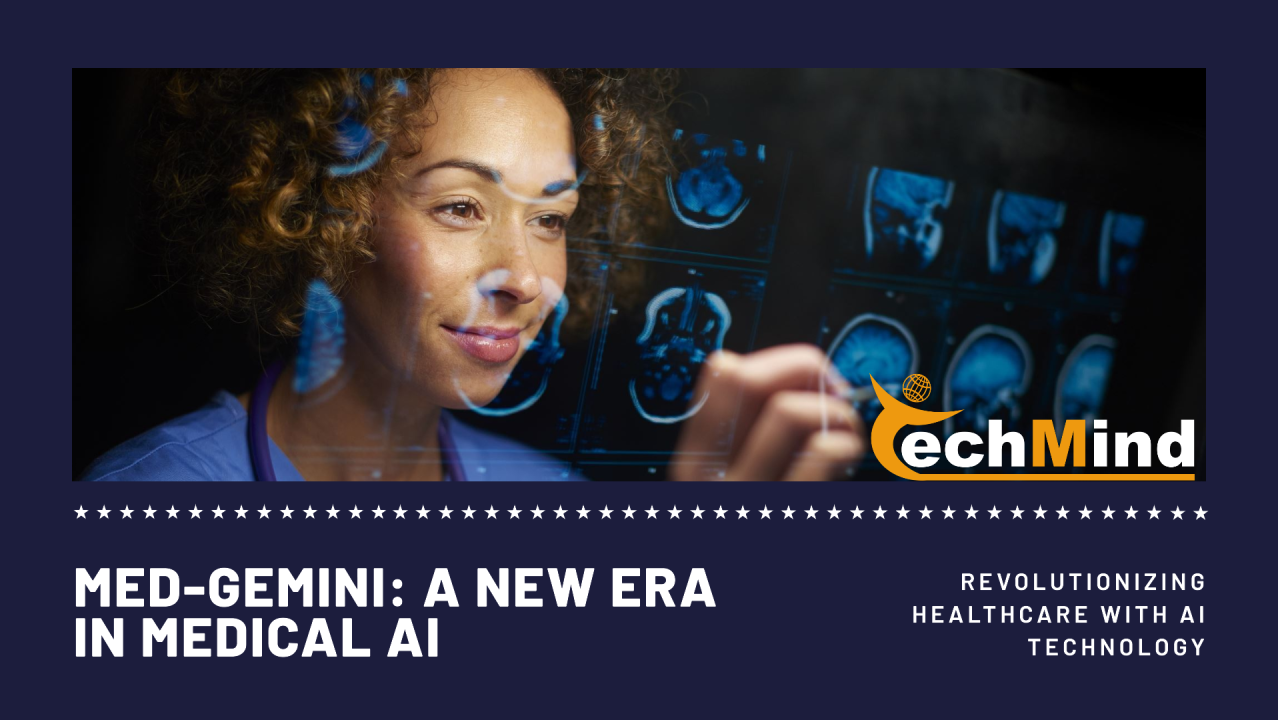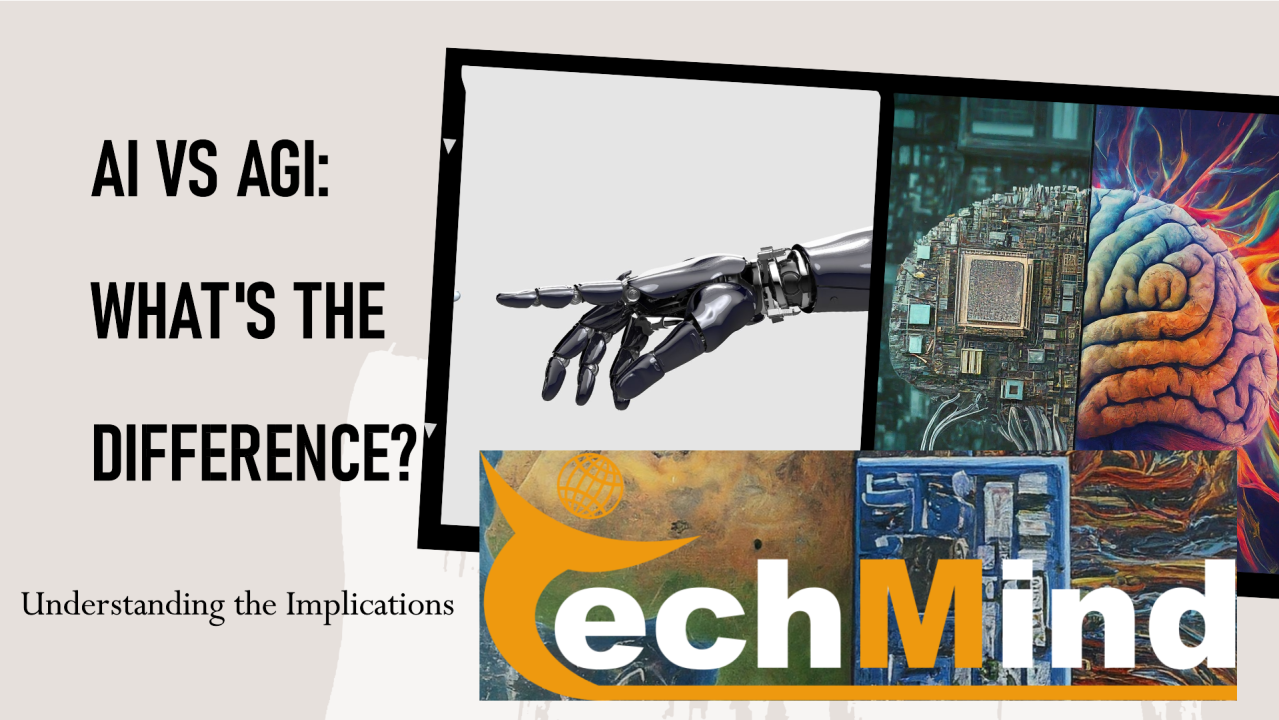Synthetic biology, the engineering of biological systems, has revolutionized fields ranging from medicine to biomaterials. But this exciting field faces a challenge: the vast amount of data and the complexity of biological processes. Here’s where artificial intelligence (AI) steps in, acting as a powerful tool to propel synthetic biology to new heights.
Unlocking the Potential:
AI excels at analyzing massive datasets and identifying patterns. This makes it ideal for synthetic biology applications like:
- Protein Design: Traditionally, designing proteins with specific functions was a time-consuming and laborious process. AI algorithms can analyze existing protein structures and functions, suggesting novel protein designs with desired properties. This could accelerate the development of new enzymes for bioremediation, drugs, and industrial applications.
- Metabolic Pathway Optimization: AI can analyze complex metabolic pathways within cells and identify bottlenecks or inefficiencies. By optimizing these pathways, scientists can create engineered organisms with enhanced capabilities, such as increased production of biofuels or pharmaceuticals.
- Genetic Circuit Design: Synthetic biologists often build intricate genetic circuits within cells to control specific functions. AI can help in designing and simulating these circuits, ensuring they operate efficiently and achieve the desired goals.
A Collaborative Approach:
While AI is a powerful tool, it’s important to remember it works best alongside human expertise. Here’s how this collaboration plays out:
- Data Curation and Interpretation: High-quality training data is crucial for effective AI models. Biologists play a vital role in selecting and preparing relevant data for AI algorithms. Additionally, human expertise is needed to interpret AI outputs and translate them into actionable insights for synthetic biology research.
- Ethical Considerations: AI in synthetic biology raises ethical concerns, such as the potential for creating harmful organisms. Open communication and collaboration between AI developers, biologists, and ethicists are crucial to ensure responsible development and deployment of AI tools.
Examples Leading the Way:
Several organizations are pioneering the use of AI in synthetic biology:
- Ginkgo Bioworks: This company utilizes AI and machine learning to design custom microbes for various applications. Their work has focused on engineering bacteria for nitrogen fixation, improving sustainable agriculture practices.
- Microsoft Research: Microsoft is actively exploring AI for protein design. Their AlphaFold project has achieved remarkable success in predicting protein structures, a critical step in protein engineering.
The Future Landscape:
The integration of AI in synthetic biology promises significant advancements in various fields:
- Personalized Medicine: AI-powered synthetic biology can lead to the development of customized therapies and biomaterials tailored to individual patients.
- Sustainable Materials: Engineered organisms can be designed to produce biodegradable materials or biofuels, promoting environmental sustainability.
- Food Security: AI can assist in developing crops with increased yields and resistance to pests and diseases, contributing to global food security.
The Road Ahead:
The marriage of AI and synthetic biology holds immense potential. As AI technology continues to evolve, we can expect even more groundbreaking discoveries and applications across diverse fields. By fostering responsible development and collaboration, this powerful duo can revolutionize our understanding and manipulation of the biological world.



